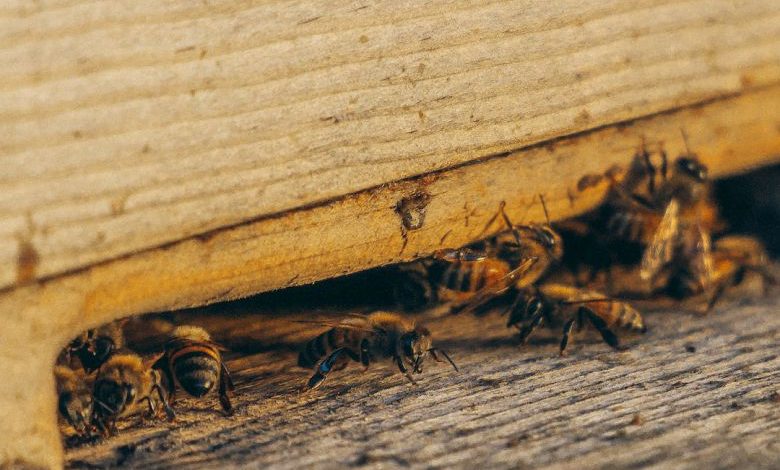What Are Some Effective Pest Control Methods for My Garden?

Maintaining a beautiful and flourishing garden can be a rewarding experience for any homeowner. However, the presence of pests can quickly turn this dream into a nightmare. In order to protect your garden from these unwanted intruders, it’s important to implement effective pest control methods. This article will discuss some of the most efficient strategies you can employ to keep your garden pest-free and thriving.
Understanding the Pest Problem
Before diving into pest control methods, it’s crucial to have a clear understanding of the specific pests you are dealing with. Different pests require different approaches, so identifying the exact culprits will help you target your efforts more effectively. Conduct a thorough inspection of your garden, looking for signs of damage, droppings, or insect activity. This will give you valuable insights into the type of pests you are dealing with.
Prevention is Key
One of the most effective ways to control pests in your garden is through prevention. By implementing preventive measures, you can significantly reduce the chances of a pest infestation. Start by practicing good garden hygiene. Remove any dead plants, fallen leaves, or debris that can provide a breeding ground for pests. Regularly inspect and clean your garden tools and equipment to prevent the spread of pests.
Another preventive measure is to choose pest-resistant plants for your garden. Research different plant varieties that are known to be less attractive to pests. By selecting these plants, you are creating a less appealing environment for pests to thrive in. Additionally, consider companion planting, which involves planting certain crops together to naturally repel pests. For example, marigolds are known to repel aphids, so planting them near susceptible plants can deter these pests.
Natural Pest Control Methods
When it comes to pest control, natural methods are often the preferred choice for many gardeners. These methods are not only effective but also environmentally friendly. Here are a few natural pest control methods you can try:
1. Biological control: Introduce natural predators or beneficial insects to your garden. Ladybugs, for instance, feed on aphids, mites, and other common garden pests. By attracting these beneficial insects, you can naturally control pest populations.
2. Neem oil: Neem oil, derived from the neem tree, is an effective natural pesticide. It disrupts the feeding and breeding patterns of many garden pests. Dilute neem oil according to the instructions and spray it on affected plants to deter pests.
3. Homemade insecticidal soap: Mix a few tablespoons of liquid dish soap with water and spray it on plants to control soft-bodied pests like aphids and mealybugs. The soap suffocates the pests, effectively eliminating them.
4. Physical barriers: Use physical barriers like netting or row covers to protect susceptible plants from pests. These barriers act as a physical barrier, preventing pests from reaching your plants.
Chemical Pest Control Methods
While natural methods are generally preferred, sometimes chemical pest control becomes necessary. If natural methods fail to provide adequate pest control, there are chemical options available. However, it’s important to use these methods responsibly and follow the instructions carefully to minimize any potential harm to the environment or beneficial insects.
When using chemical pesticides, always choose products that are specifically designed for the target pest and follow the recommended dosage. Apply the pesticide during the recommended time of day to maximize its effectiveness. It’s also essential to store and dispose of chemical pesticides properly to avoid any accidental contamination.
Conclusion: Maintaining a Pest-Free Garden
In conclusion, maintaining a pest-free garden requires a combination of preventive measures, natural pest control methods, and, if necessary, chemical intervention. Understanding the specific pests you are dealing with and implementing the appropriate strategies will help you keep your garden healthy and thriving. By practicing good garden hygiene, choosing pest-resistant plants, and utilizing natural pest control methods, you can create an environment that is unwelcoming to pests. Remember to always prioritize the health and well-being of your garden and the surrounding environment when implementing pest control measures.




